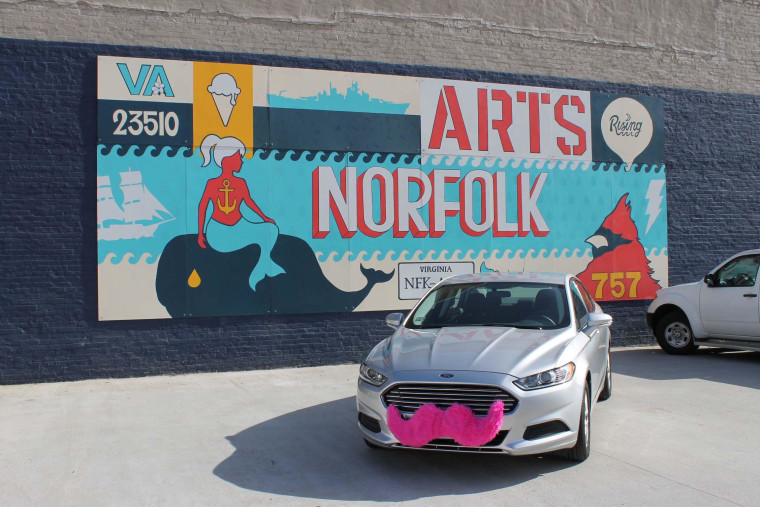Uber might have Paris, but Lyft has Lincoln, Nebraska. On Thursday, the ride-sharing service announced that it was expanding to nearly double the number of U.S. cities, including many smaller markets like Ann Arbor, Michigan, and Memphis, Tennessee. That puts the company in 60 total U.S. cities, compared to the 48 where Uber is currently operating.
"Our goal is to be in the most cities in the U.S. and have the lowest prices in those cities," John Zimmer, co-founder and president of Lyft, told NBC News.

Lyft also said it would cut rates 10 percent for the season — in addition to the 20 percent rate cut the company previously announced it was testing across the country — and provide free rides to people in the new markets for two weeks.
Paired with Uber’s new $1 “safe rides” fee added to its UberX car service to cover insurance and background checks, it looks like Lyft could be making a serious move in the burgeoning ride-sharing market.
Both companies connect independent contractors with cars and people who need a ride using an iPhone and Android app. They have also both seen resistance from traditional taxicab companies in cities across the world who complain that ride-sharing services aren't bound by the same regulations and insurance costs.
Despite the expansion, Uber operates in almost twice as many markets than Lyft. On Wednesday, the Lyft competitor moved into its 100th city, Beijing.
Still, with the recent announcement, Lyft will be in more U.S. cities than Uber, with plans to announce international expansion "in a few months." For now, Zimmer said, Lyft is aiming at relatively dense, medium-sized domestic markets without many public transportation options.
"We are in smaller cities than we have been in before," he said. "We want to see how those cities perform, but our goal is to eventually be a platform for everyone everywhere."